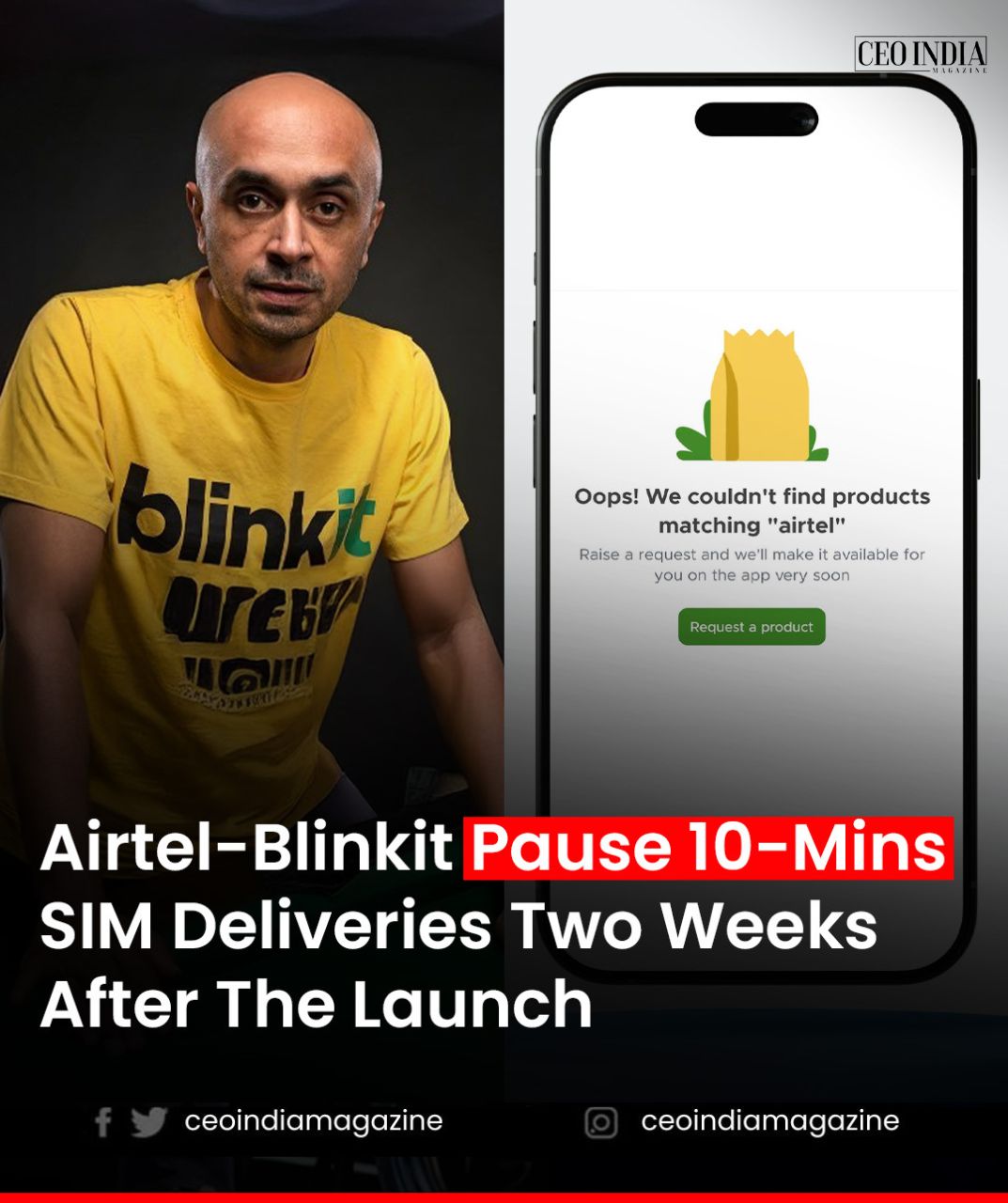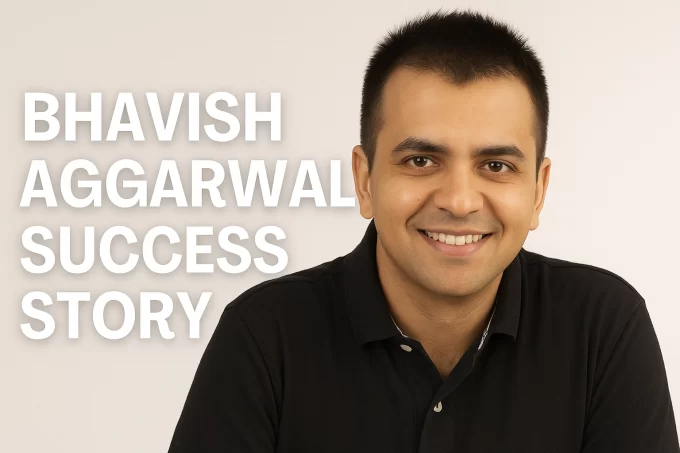In a surprising move, Blinkit and Bharti Airtel have suspended their much-publicized 10-minute SIM card delivery service, just two weeks after launching what was hailed as an industry-first initiative in India’s telecom and quick commerce sectors.
The decision reportedly came after the Department of Telecommunications (DoT) raised concerns regarding compliance with Know Your Customer (KYC) norms during the ultra-fast SIM distribution process.
DoT Raises Red Flag Over KYC Compliance
According to industry sources, the DoT recently sent emails to all major telecom operators, emphasizing the importance of strictly adhering to existing KYC procedures. The regulatory body directed telecom companies to ensure that the “self-KYC process, as per the extant instructions, shall be followed scrupulously.“
This directive has led to Airtel temporarily halting the service in collaboration with Blinkit, a popular instant delivery platform owned by Zomato. The service was operational in select cities and promised SIM card home delivery within 10 minutes, leveraging Blinkit’s quick-commerce infrastructure and Airtel’s extensive mobile network.
The Blinkit-Airtel Tie-Up: A Short-Lived Innovation
Launched with much fanfare, the Blinkit-Airtel partnership was expected to disrupt traditional telecom distribution channels by merging the speed of quick commerce with mobile network services. Users could order a prepaid or postpaid Airtel SIM card through the Blinkit app and receive it at their doorstep in under 10 minutes, with activation enabled through digital KYC processes.
The partnership highlighted the growing trend of cross-sector collaboration, especially between tech-enabled delivery platforms and telecom service providers, aiming to boost user convenience and digital penetration in India.
However, the ambitious project appears to have underestimated the regulatory oversight required in telecom operations, especially around customer identity verification.
Why KYC Compliance is Critical in Telecom
The KYC process is mandatory for all mobile connections in India to prevent fraud, identity theft, and misuse of telecom services. While the government has relaxed certain norms by introducing digital KYC and self-KYC options, they must still meet strict regulatory guidelines outlined by the DoT.
A key concern was whether the Blinkit delivery executives were properly trained or authorized to complete customer verification according to these norms, particularly in a 10-minute delivery model that allows limited time for in-person checks.
What’s Next for Airtel and Blinkit?
Neither Airtel nor Blinkit has released an official statement confirming the suspension, but the service is currently inactive on the Blinkit platform. Industry experts suggest the companies may be working with the DoT to revise the model or improve compliance mechanisms before re-launching the offering.
If successfully restructured with regulatory approval, the service could return as a KYC-compliant, fast-track SIM delivery model, potentially setting a new standard for telecom distribution in India.
Conclusion
The temporary suspension of the Blinkit-Airtel SIM delivery service underscores the delicate balance between innovation and regulation in India’s rapidly evolving digital landscape. While quick service is key to modern customer expectations, compliance with KYC norms remains non-negotiable in the telecom industry. All eyes will now be on how Airtel and Blinkit adapt their strategy to align with DoT guidelines and resume the service responsibly.










Leave a comment